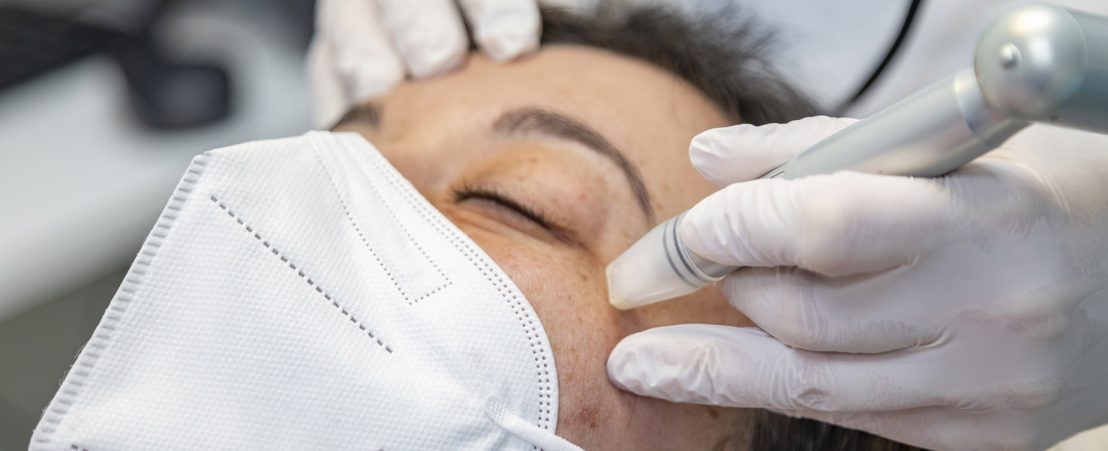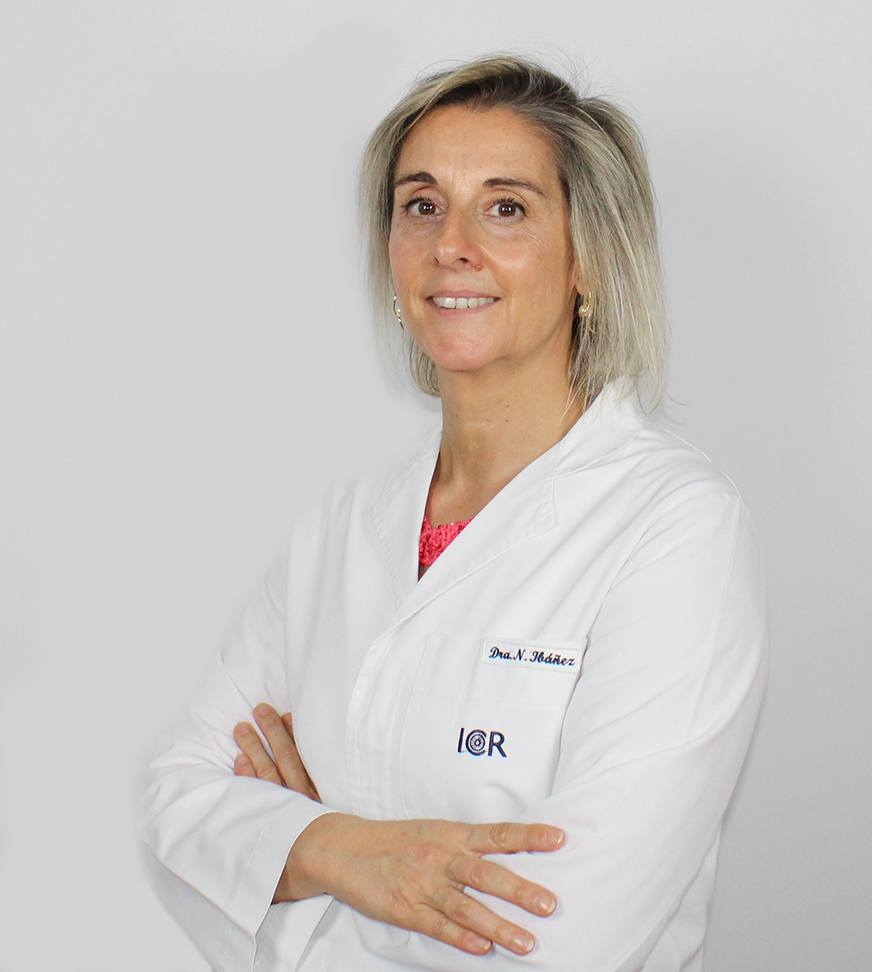
It can be used to treat:
| MICRO-NEEDLING THERAPY | |
|---|---|
| Wrinkles Sun-induced ageing Acne scars Changes to skin pigmentation Sagging Stimulating collagen | Alopecia Cellulitis Stretch-marks Scarring Open pores |
| It is not painful, but causes a reddening of the skin which lasts for 2-3 hours, after which the patient can return to their normal daily activities. | |
Micro-needling is a procedure in which the skin is pricked at various points in order to stimulate collagen production.
Nanopore is an electronic cosmetic device that uses microneedles to penetrate the skin of the face at different depths depending on the zone of application. This leads to increased collagen production and increased absorption of skin products.
During the mico-needling session, the microneedles are applied at a controlled speed and depth opening up microscopic channels in the epidermis. It is through these channels that the active ingredients are absorbed, depending on the condition being treated, and new collagen is then produced.
The channels created in the micro-needling sessions help to stimulate collagen production at the dermis level. Products can also be injected into the skin through the needles such as hyaluronic acid, vitamins, growth factors and other active ingredients that help to treat skin ageing and other imperfections and to improve skin quality.
Collagen inducing therapy is aimed at improving skin imperfections. It is suitable for:
Micro-needling is an outpatient procedure which does not require anaesthesia. The microneedles can cause some discomfort and cause skin reddening, but this disappears after 2-3 hours. The patient is then free to resume their normal routine.
One of the advantages of micro-needling is that as well as its collagen inducing effect, it also enables us to inject active ingredients into the skin through the microneedles, such as growth factors or hyaluronic acid which will help to improve the cosmetic results.
As one of the aims of micro-needling is skin rejuvenation, it is mostly aimed at those over 25. The treatment can, however, also be used by patients of any age to improve skin pigmentation, acne scars and other kinds of scarring.
During the micro-needling procedure a series of incisions are made across the whole face and this will cause inflammation. The result is a reddening of the skin which lasts for 2-3 hours and then completely disappears. The procedure is normally painless and the patient can resume their normal activities when the reddening has subsided.
The procedure will be carried out by ICR ophthalmologists who are specialists in oculoplasty. Thanks to their expertise and knowledge of the whole area being treated, none of the surrounding structures will be put at risk and quality, specialist medical care is guaranteed.

Contact us or request an appointment with our medical team.